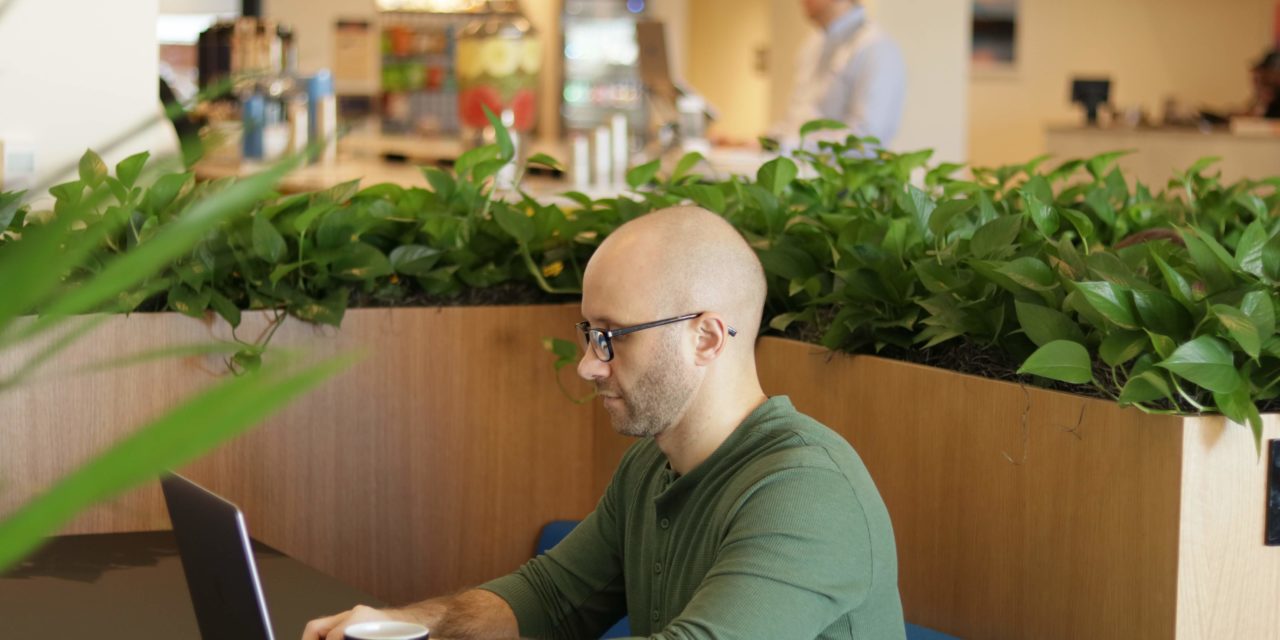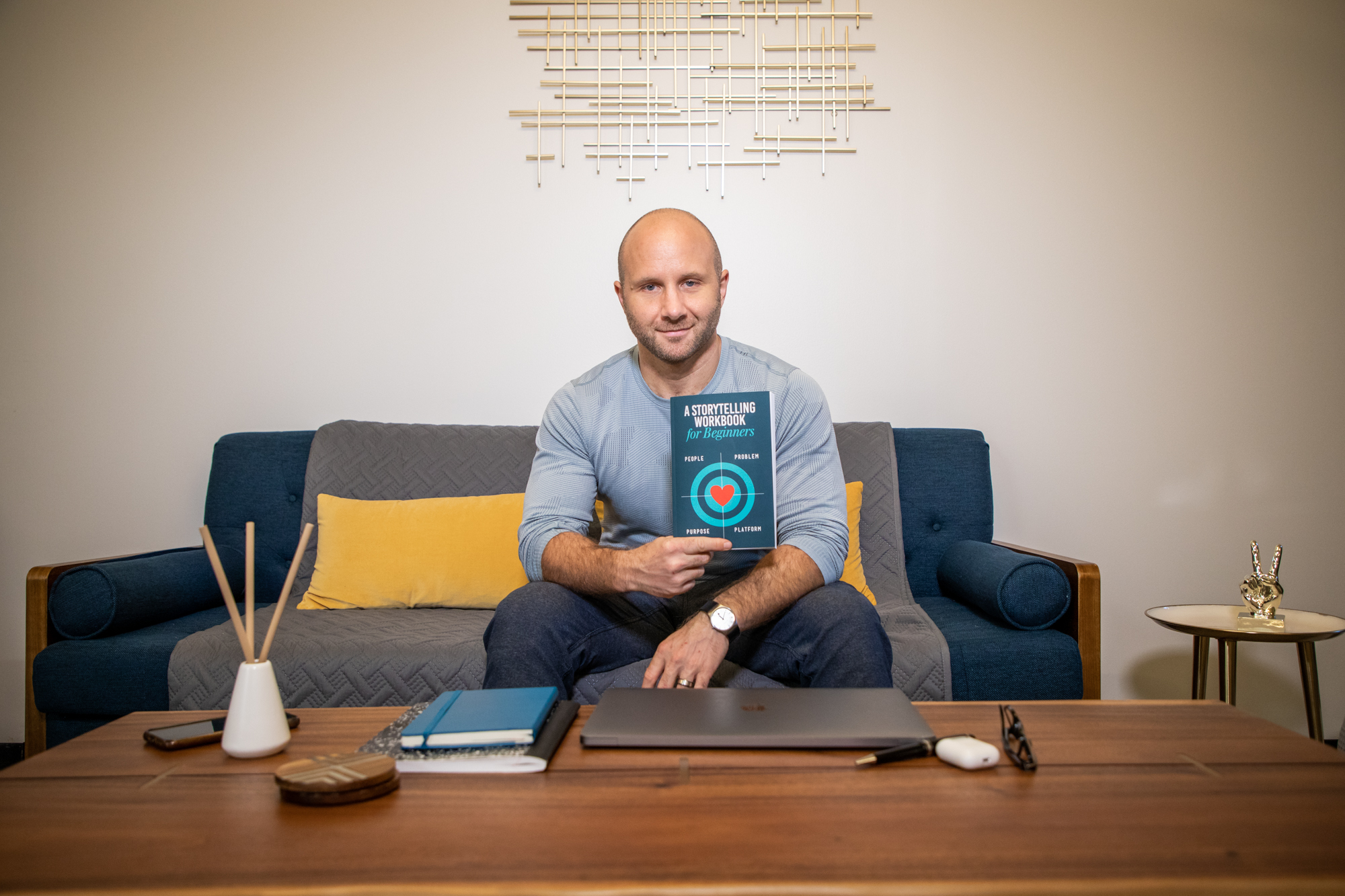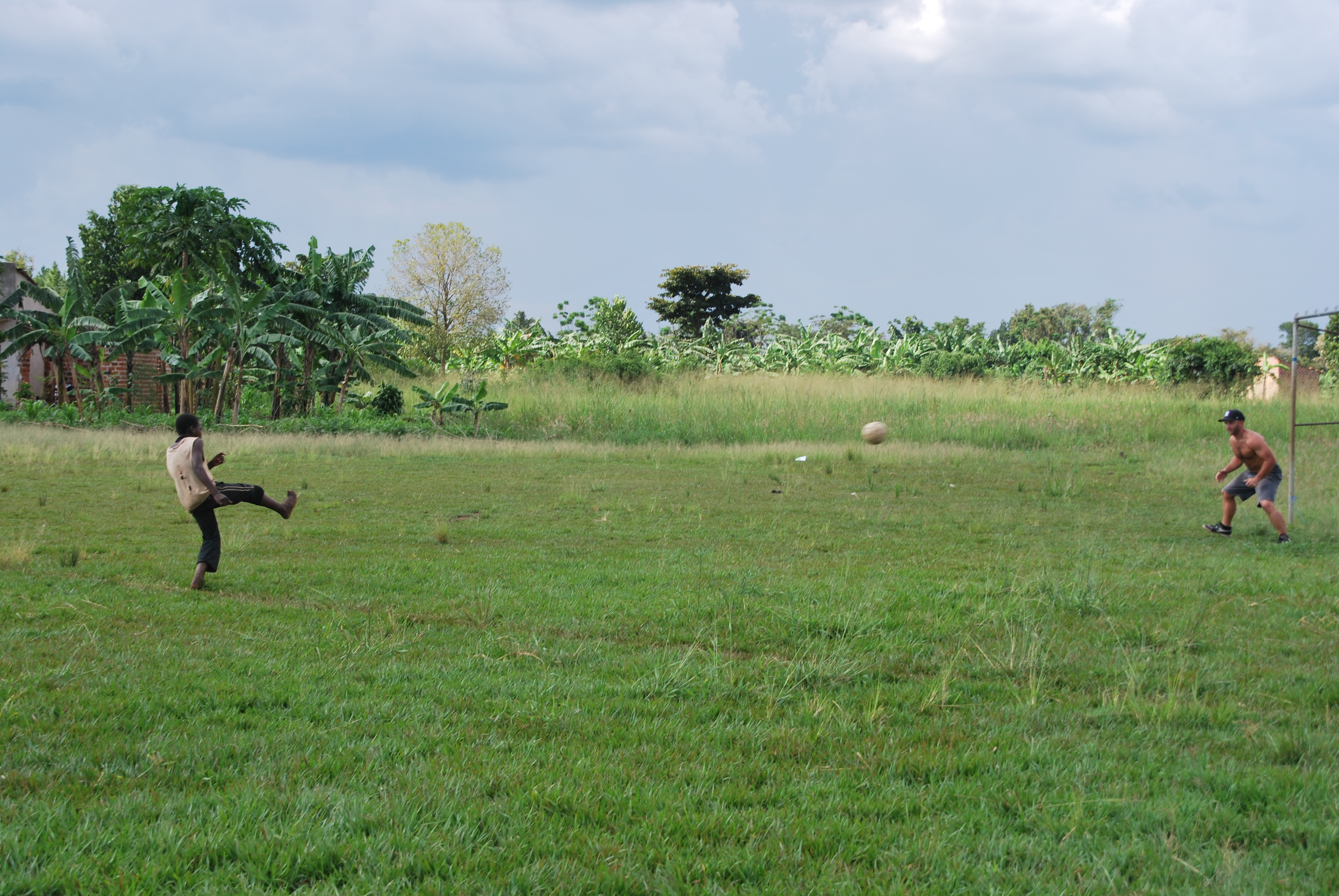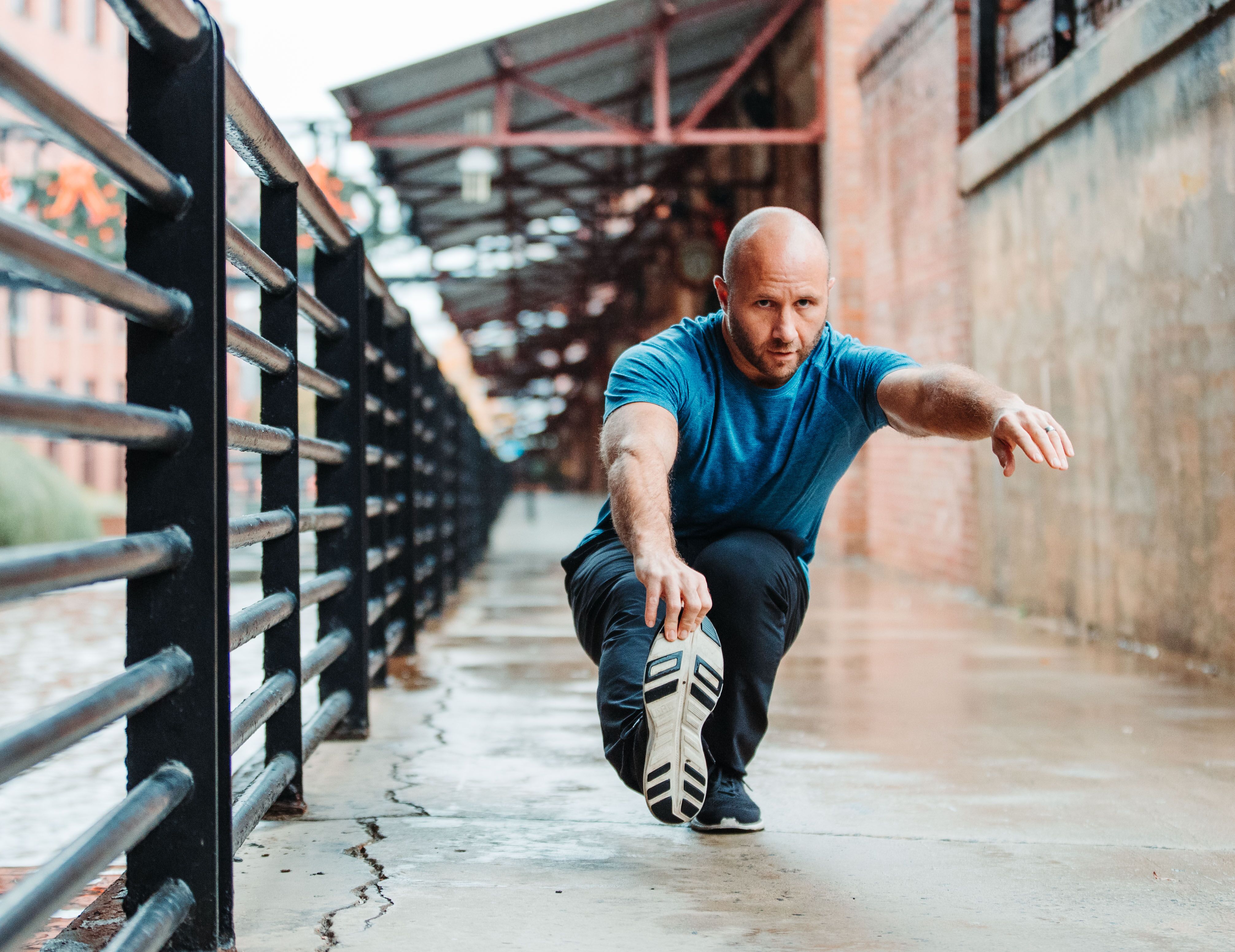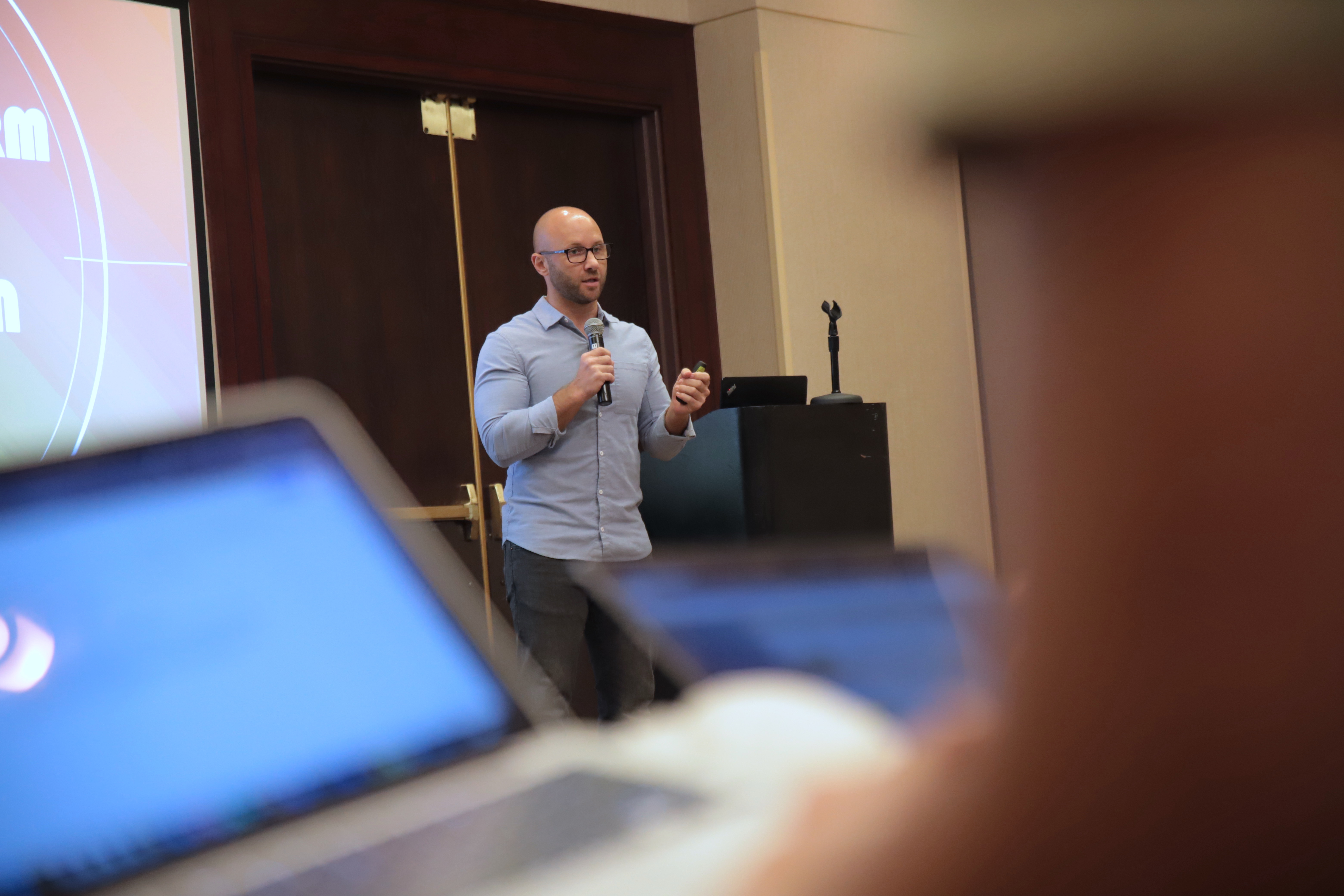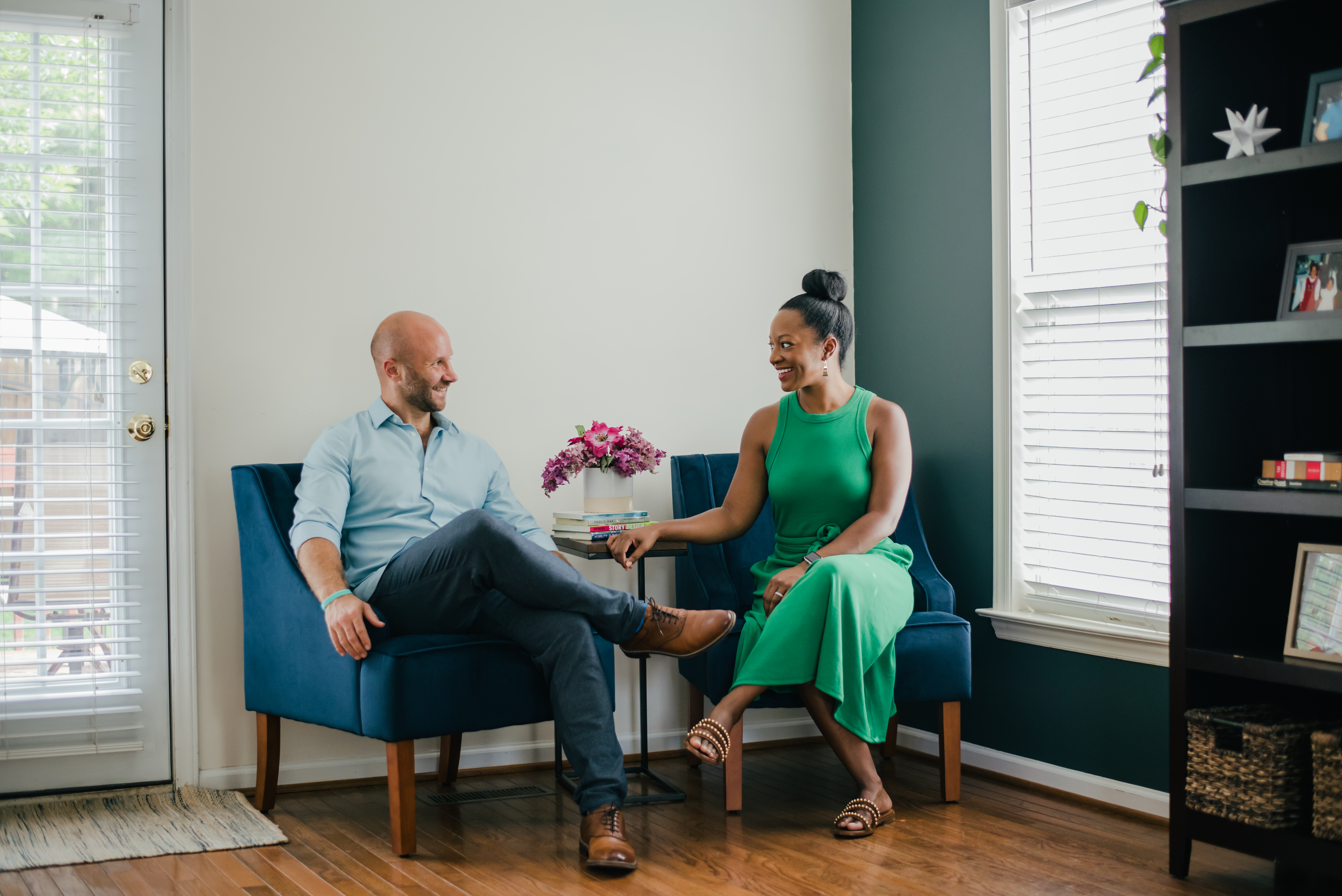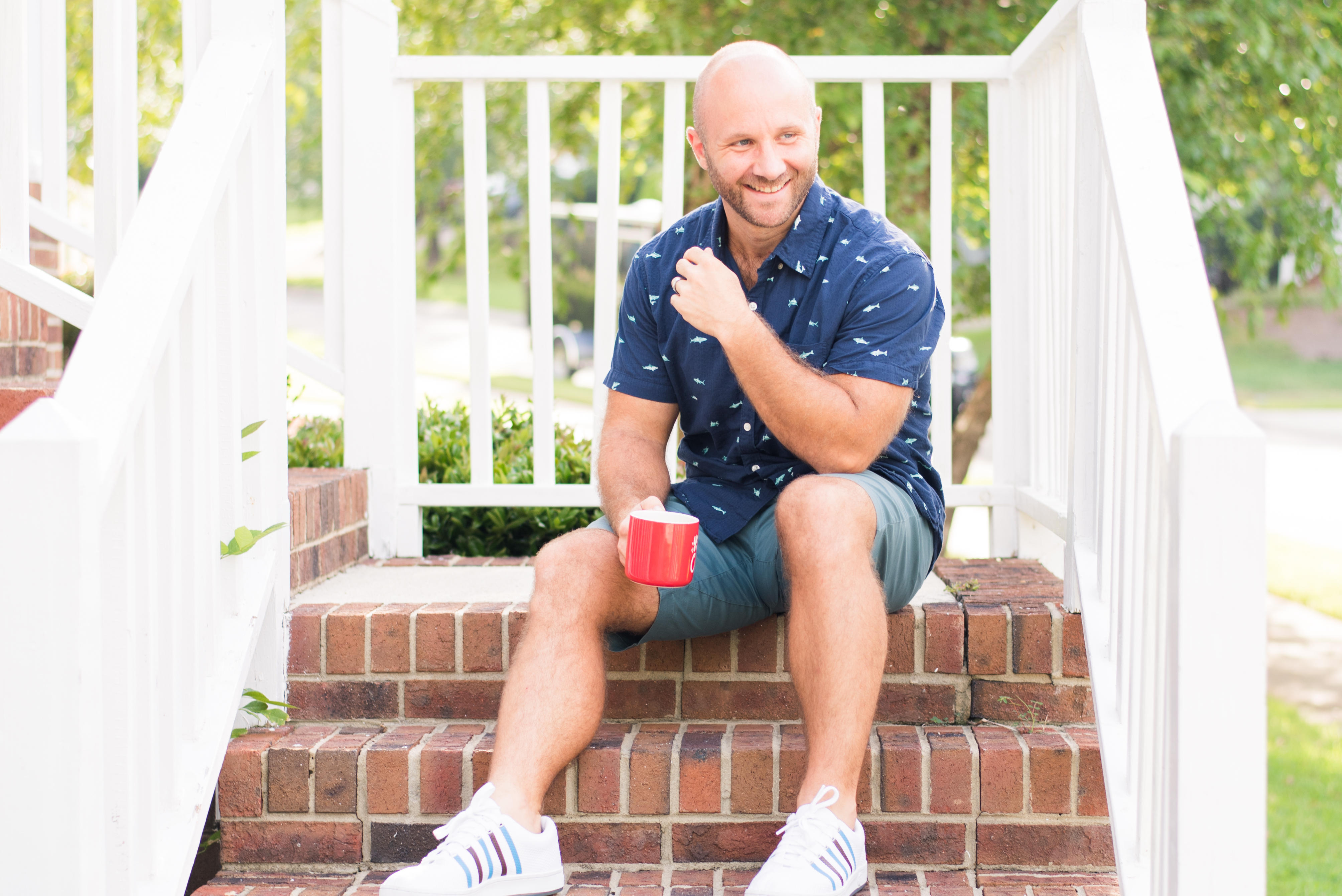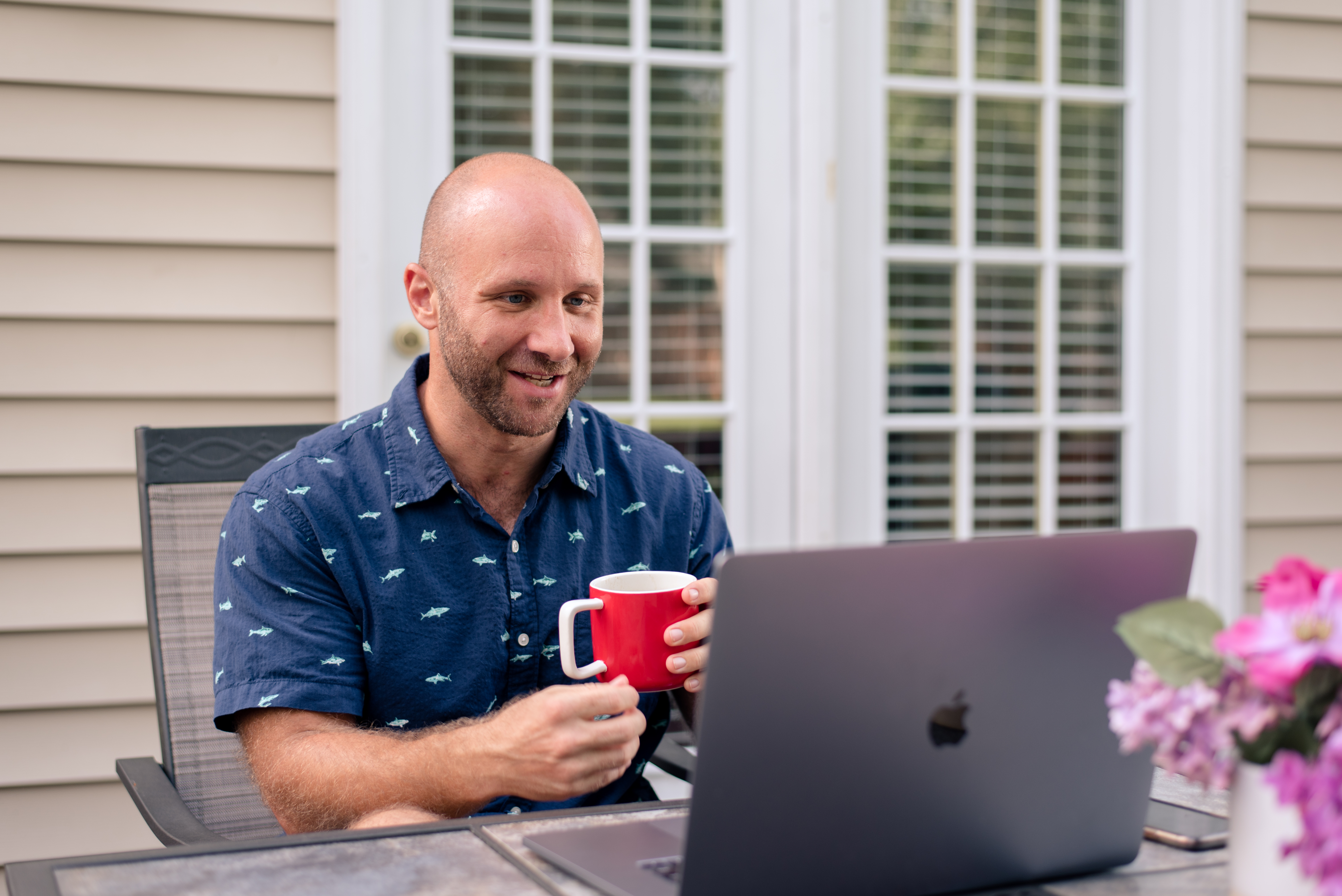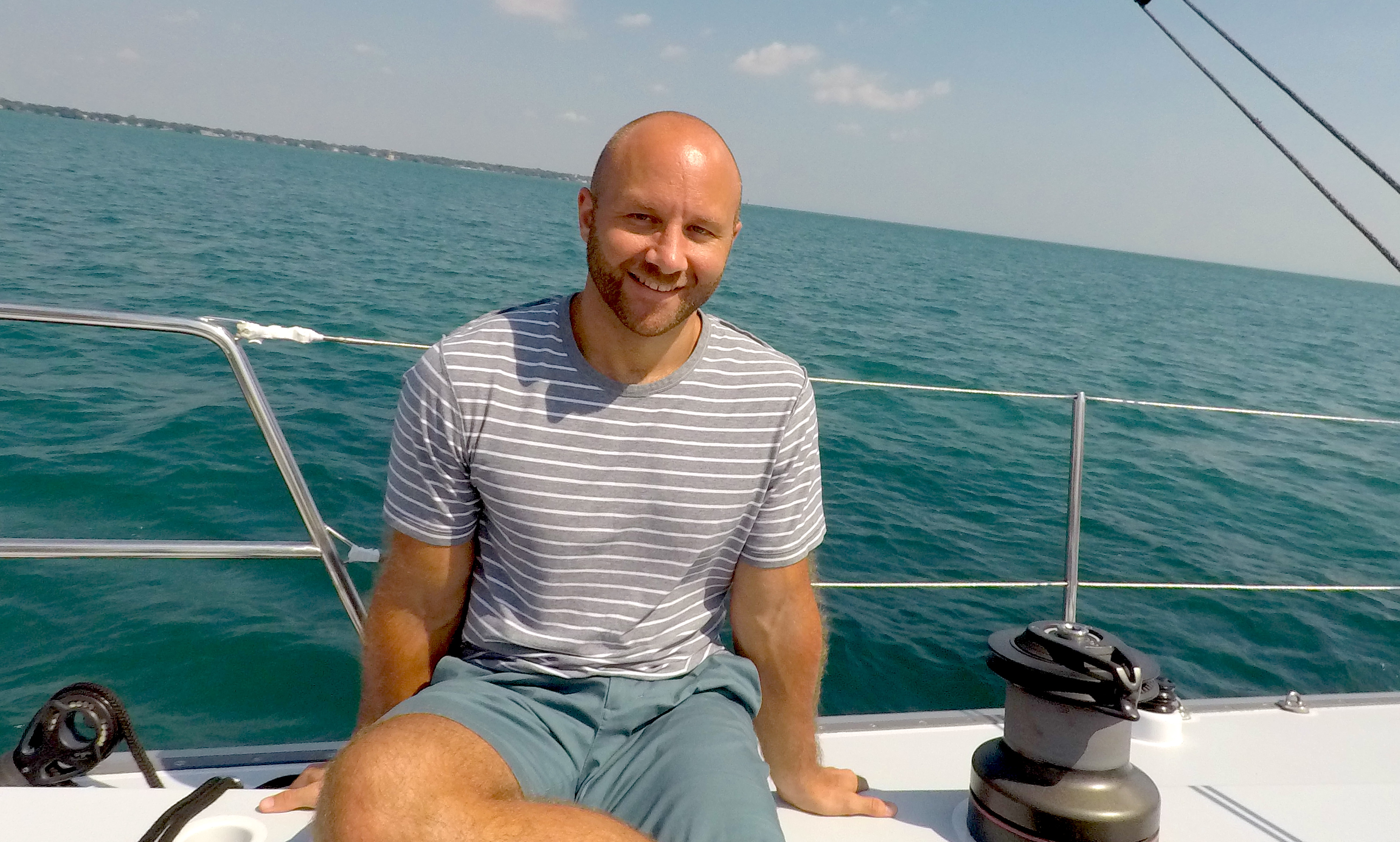A little over a year ago, I wrote about working with boxer Cam F Awesome.
I first learned about Cam from the Netflix documentary, “Counter Punch,” and later followed him on Twitter. I liked what he stood for; I liked what he talked about.
He was coming to speak to the Marines at Camp Lejeune about drinking and mental health — two topics that tend to go hand-in-hand, but often not talked about — two topics that are close to my heart, as well. I reached out and offered to film the speech for him.
After hitting it off in person, we stayed connected over Twitter. We’d share stories or different articles and Youtube videos we thought the other would like or comment on each other’s pictures.
Last week, I woke up to a flood of Twitter notifications and I couldn’t immediately see what the source was.
After I tracked down the original post, I saw it was a picture and a post of Cam thanking me for recommending Brené Brown’s book, “I Thought It Was Just Me.”
(If you’ve read my column even once, there’s probably a 30% chance you’ve seen her name.)
Cam said at the time I recommended it, he hadn’t read it as he wasn’t in the right place in his life to process it. He didn’t realize how much his life had been rooted in shame.
I don’t think Cam is alone.
All the commenters, including myself, were stating how much shame had taken over their lives at one point, until they were able to speak about it honestly — mostly to themselves.
Soon, Brené chimed in, with her eloquent wisdom and metaphor:
“Sometimes I think asking humans to describe shame is like asking a fish to describe water. It’s everywhere and the source of so many issues that we stop seeing it because we’re swimming in it.”
She nailed it.
Why is it so hard for us to recognize our sources of shame? Or that it’s even shame that we are experiencing?
Cam and I are two of the lucky ones who actually have done the work of peeling back the layers to find that shame is rooted within us and how it manifests.
It’s not easy to access that place in ourselves.
Many of us struggle with that word. We feel like it makes us weak to even have the thought, or we feel like we have nothing to be “ashamed” of so we aren’t affected by it.
But in reality, it just disguises itself as something else.
That’s what we tend to see emerge.
Later in the conversation Brené said, “It’s very tough to evaluate if someone else has the capacity for shame. So often we forget that shame is actually the driver for grandiose, hurtful, ‘I don’t give a damn’ behavior. Eg, narcissism is shame-based fear of being ordinary. So very hard to assess.”
I see this happening so often these days, as it generally does when our country is divided and people are experiencing pain.
It’s a defense mechanism.
But all change starts at home. It starts with us being curious and self aware of the underlying, insidious issues that are creeping beneath our surfaces.
Like Cam, we have to be ready to ask ourselves those questions. Which really means we have to be ready to receive the authentic answers.
Then we are able to see the water that we’ve been swimming in the whole time. Then — and only then — are we able to create change.
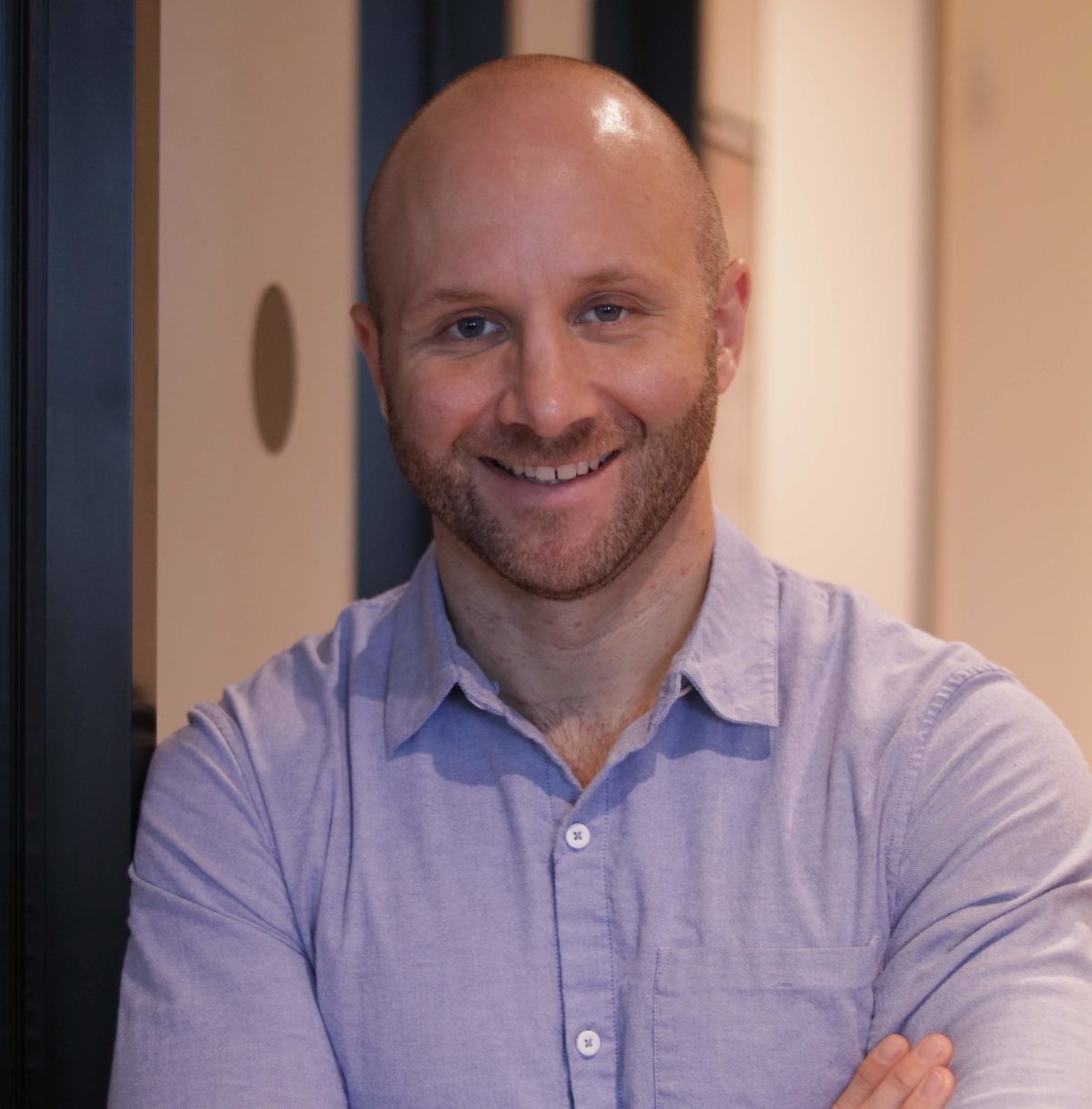 Rain Bennett is a two-time Emmy-nominated filmmaker, writer, and competitive storyteller with over a decade of experience producing documentary films that focus on health and wellness. His mission is simple: to make the world happier and healthier by sharing stories of change.
Rain Bennett is a two-time Emmy-nominated filmmaker, writer, and competitive storyteller with over a decade of experience producing documentary films that focus on health and wellness. His mission is simple: to make the world happier and healthier by sharing stories of change.
You can read the rest of “Right as Rain” here, and check back every Wednesday on Chapelboro for a new column!
Chapelboro.com does not charge subscription fees. You can support local journalism and our mission to serve the community. Contribute today – every single dollar matters.

